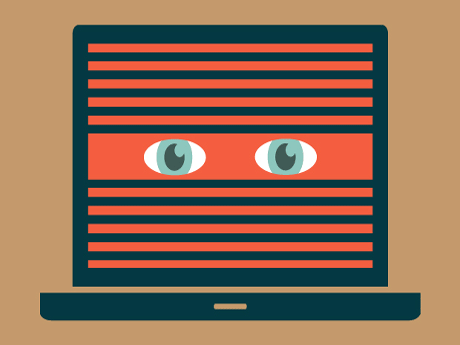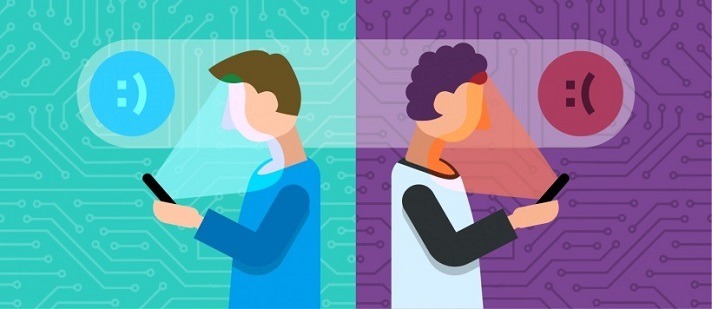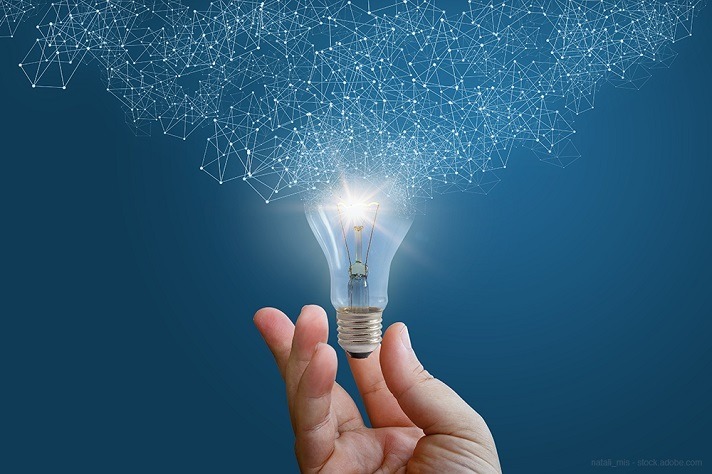Posts Tagged ‘Neurotechnology’
Brain Health in 2030: Navigating Neuroplasticity & the Digital Health Market
Brain Health in 2030: Navigating Neuroplasticity & the Digital Health Market from SharpBrains Keynote delivered by Álvaro Fernández, CEO of SharpBrains, during corporate retreat. Key message: Our very human brains and minds are the most sophisticated technology at our disposal, so we should invest more time learning about how they work and harnessing neuroplasticity-based methods…
Read MoreNeurotech, neuroethics and brain data in context: Are “neurorights” the way to mental privacy?
Neurotechnologies – devices that interact directly with the brain or nervous system – were once dismissed as the stuff of science fiction. Not anymore. Several companies are trying to develop brain-computer interfaces, or BCIs, in hopes of helping patients with severe paralysis or other neurological disorders. Entrepreneur Elon Musk’s company Neuralink, for example, recently received…
Read MoreChallenge ahead: Harnessing technology for good mental health
Making technology an ally in mental health care (Fundación Innovación Bankinter): Interest in using technology for mental health dates back to the mid twentieth century. “Studies began back in the 1960s, given the growing concern about addiction in children (especially) and adults,” clarifies Álvaro Fernández Ibáñez about the beginning of this discipline. Sesame Street, the…
Read MoreOn schools, mental health, digital surveillance, student privacy and parental input
Op-Ed: School surveillance on students’ laptops will not help solve the youth mental health crisis (Los Angeles Times): In the past year, school districts in California and elsewhere have contracted with digital surveillance companies to spy on students at school and home, citing the need for mental health support during the pandemic. Despite being a vigilant…
Read MoreBeacon Biosignals raises $27M to scale EEG, AI-based neurobiomarker discovery platform
Neurotech startup Beacon Biosignals scores $27M to bring AI to EEG analysis (MedCity News): Electroencephalography is a decades-old technique for capturing brain activity, data that are used to evaluate brain disorders. Beacon Biosignals is applying artificial intelligence to these tests, and the neurotechnology startup has found a ready market in pharmaceutical companies interested in assessing how…
Read MoreTrend: Harnessing digital tech to improve mental health and wellness
From mindfulness apps to virtual therapy sessions, digital tools offer instant access to wellness resources (The Globe and Mail): In 2015, Brie Code was working at leading video game company Ubisoft as lead artificial intelligence programmer when she realized that many people she knew – about half, by her estimation – found video games boring.
Read More


